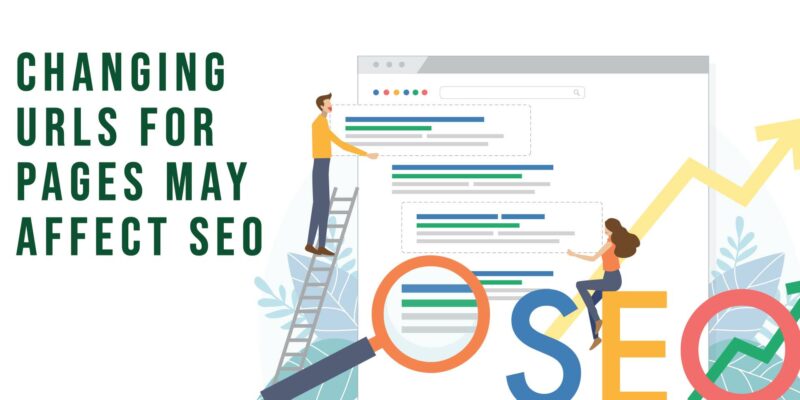Changing URLs must be a thought-through process and not in haste. Search advocate from Google, John Mueller suggests that URL changes are not simple for search engines such as Google. Google stores each URL as an address in its index, and every URL is synced with a single page; thus, changing the URL becomes a complex process. With a new URL, all the new information, signals, and associated links need to be forwarded. Google also has a new site documentation guide. Check it out here. They exhaustively wrote the guide after some serious changes in the year 2014.
This is detailed documentation that helps you understand the process with ease. We have jotted some significant summaries –
- Research is an important tool before migration.
- Check for a dip in the traffic of your website and plan your move accordingly
- Â Always keep your lists ready for tracking
- Â We should plan implementation with XML sitemaps, navigation, etc
- Monitoring of the entire process of migration should be with analytics and search console
Timing – Again, if the timing is to be taken into consideration, it takes months to process all the URLs, significant ones in priority, and then the others.
Redirects– for redirects, Google suggests leaving the 301 in its position to avoid any disruptions.
Risks associated with changing URLs
- First, if there is a significant change in URL domain–adding or removing punctuations, changing domain or capitalization, it has implications for SEO.
- If your new domain has any history of spam or penalties, it will surely hamper the traffic.
- You may lose referring links in the process of migration, and also brand equity in the process
- Email marketing campaigns can have a negative impact and risk your email reputation.
Why does it matter?
Companies, entrepreneurs, and SEO managers have faced challenges after URL-shifting processes. It is far better to have a strict process in place for the first time and stick to it. Checking for errors in the first place will help in the long run.








Comments